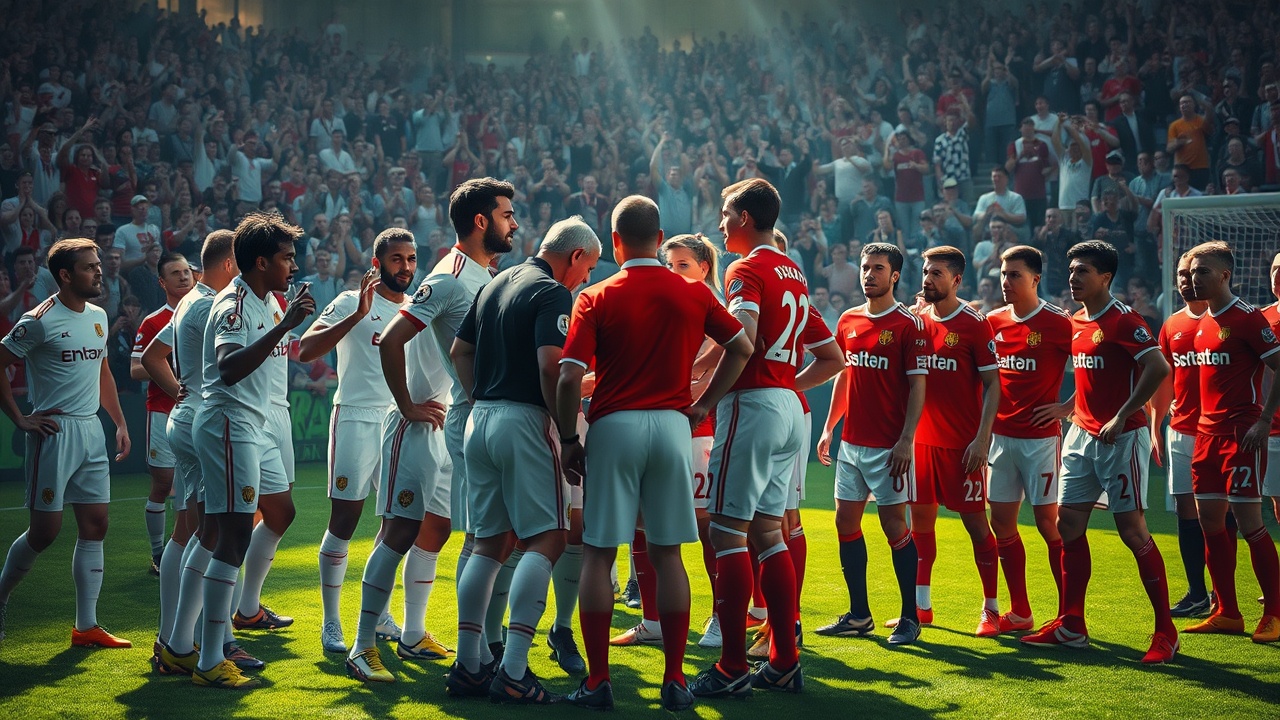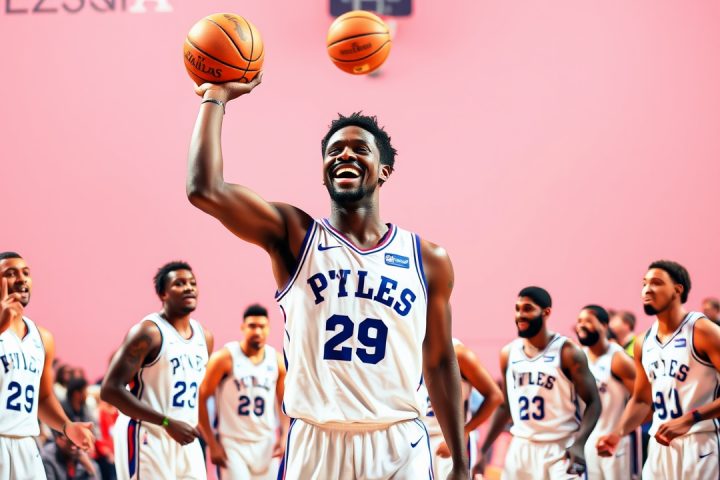FIFA’s Inaction on Anti-Discrimination Themes
In a disappointing revelation that has left many questioning FIFA’s commitment to social responsibility, the organization has chosen not to highlight any anti-racist or anti-discrimination themes during the ongoing Club World Cup in the United States. This decision has emerged despite FIFA’s previous claims of fostering initiatives against racism—none of which have materialized on any platform in the tournament’s first week. The absence of messaging in stadiums, on social media, or even on the captains’ armbands is telling of an organization that falls short of its commitments.
Political Influences and Ethical Responsibilities
The lack of visible support for anti-discrimination efforts comes at an interesting juncture, particularly as FIFA President Gianni Infantino strengthens ties with influential figures like U.S. President Donald Trump. While FIFA did not directly comment on whether this partnership influenced its decision-making, the trend seems to indicate that political optics are taking precedence over ethical responsibility. Trump’s administration has shown a disturbing trend towards diminishing the status of diversity, equity, and inclusion, a sentiment that now appears to permeate sports culture.
Evidence of this shift was seen earlier this year during the Super Bowl, which notably lacked any anti-racism messaging for the first time in four years.
Moreover, there was controversy surrounding the removal of a piece commemorating Jackie Robinson from the Department of Defense’s website, illustrating a broader cultural reticence towards acknowledging diversity.
FIFA’s Slogan: A Hollow Promise?
As FIFA launches this first edition of the Club World Cup on U.S. soil, the idea that they would take a strong stance against discrimination seemed increasingly unlikely. From a pragmatic standpoint, Infantino’s alignment with the current U.S. administration makes sense, given that the next major international events will also be hosted in this country. However, the question arises: does this pragmatic approach justify the neglect of core ethical principles?
FIFA’s current slogan, “Football Unites the World,” is somewhat paradoxical. While they assert that football serves a greater social purpose, without tangible actions to back this up, such slogans ring hollow. Leadership at FIFA has previously emphasized their commitment to anti-racist practices, yet the absence of action during this major international tournament raises doubts about their sincerity.
The Disappointment of Fans and Advocates
For FIFA, this Club World Cup was expected to not only showcase football but also serve as a platform for crucial messages about social justice. Instead, their actions exhibit a reluctance to fully embrace their proclaimed values. Other leagues, like Major League Soccer and the Premier League, have visibly engaged in initiatives promoting social causes, yet FIFA seems to be trailing behind, unwilling to take a stand.
The absence of anti-discrimination campaigns from FIFA draws attention to the extent of their commitment—or lack thereof. As fans and advocates of football are left wondering what the future holds, there is a palpable sense of disillusionment. The operative question becomes: if FIFA cannot be counted on to promote the very values they profess to uphold, what is their true role in the global sports community?
This troubling trend raises concerns not only for upcoming events, such as next summer’s World Cup in the U.S., Canada, and Mexico, but for the integrity of the sport as a whole. Without a tangible commitment to social issues, the light that football claims to shine on global unity dims significantly, leading to disappointment and skepticism among its supporters.
A Lesson in Expectations
The disheartening takeaway is that perhaps we were naive to expect more from FIFA. In the world of football governance, the lesson remains—lowering our expectations may spare us further disappointment. After all, this is FIFA, where lofty promises often falter under the weight of reality.




